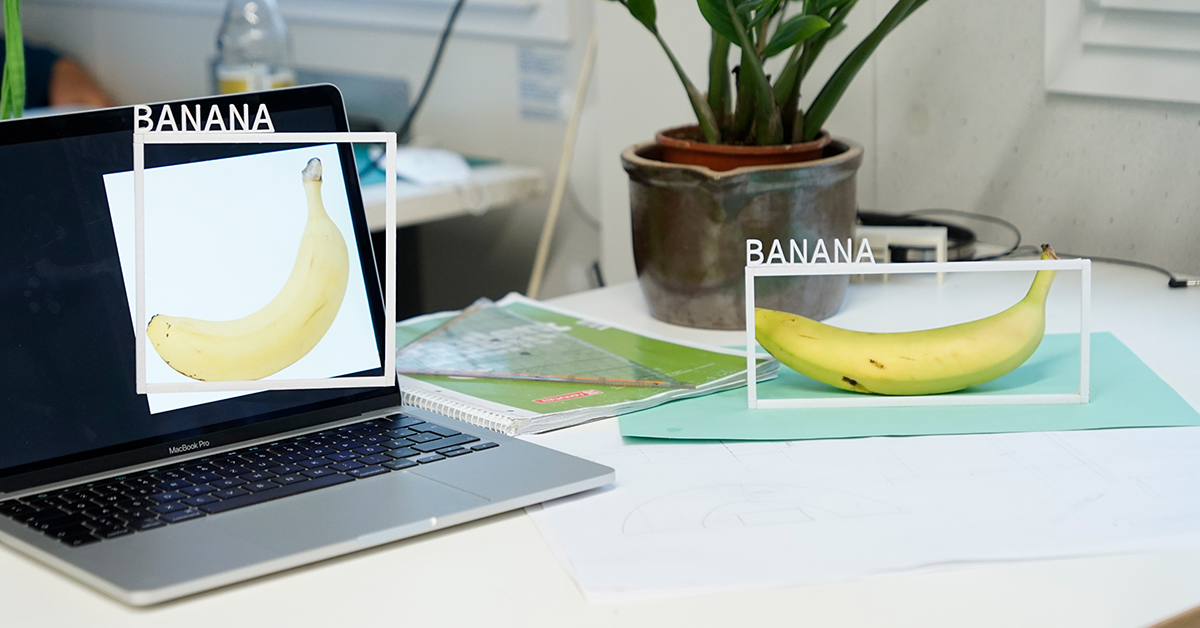How to Survive AI

McLuhan argued that, pushed to its limits, a medium flips or reverses its characteristics.
Internet scale pushes information into disinformation, connection into loneliness, and desire into apathy.
LM Sacasasx.comLet me answer your implicit complaint: “The Turing Test will be eventually passed.” That’s right (in some settings, Turing’s original prediction has been already achieved), but the truth is that any human relationship — even digital ones, even those not especially intimate like the ones between writers and readers (I love you, though) — requires... See more
How to Survive as a Human Creator in the AI Era
The dumbest person you know is currently being told “You're absolutely right!” by ChatGPT
ksa 🏴☠️, IQ 277x.comWhy We Want Robots at Work but Humans in Art
We hate other people when latency becomes intolerable. As soon as a task is about speed, other humans feel like an irritating inconvenience. The Uber driver’s small talk annoys us. We wish we were in a Waymo. The cashier’s tip screen feels like a micro-ransom when all we want is a bottle of water.... See more
We hate other people when latency becomes intolerable. As soon as a task is about speed, other humans feel like an irritating inconvenience. The Uber driver’s small talk annoys us. We wish we were in a Waymo. The cashier’s tip screen feels like a micro-ransom when all we want is a bottle of water.... See more
Why We Want Robots at Work but Humans in Art
I’m afraid many now have no capacity to even understand the concept of there being a simulacrum. The digiverse is effectually flattened out into what people see as reality. There are now so many ways we interact through screens and with pixels that the difference no longer seems to matter. Think, people really are willing to hand things over to... See more
Nicholas Smithsubstack.comWhen AI people talk about labour, they tend to frame jobs as sets of tasks, rather than sets of responsibilities.
Jack Stilgoex.com